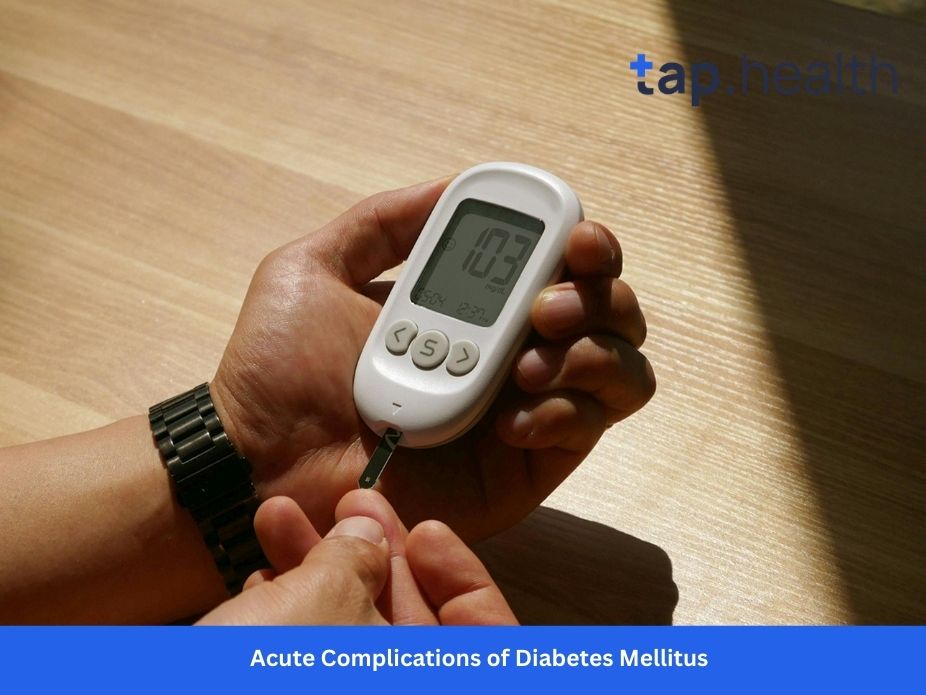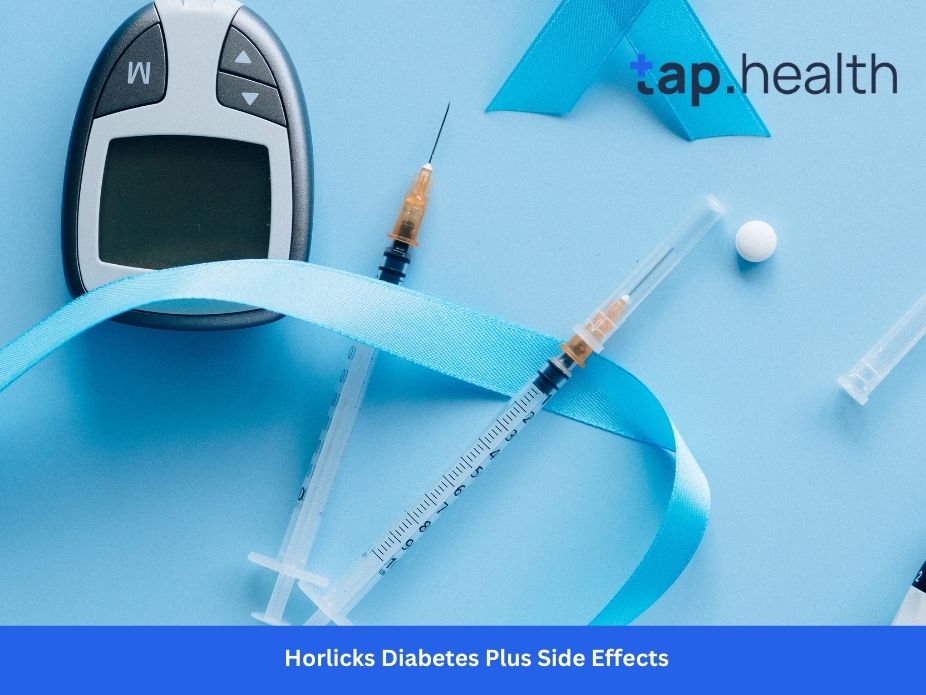Table of Contents
- Healthy Weight Gain Strategies for People with Diabetes
- How to Safely Gain Weight with Diabetes: A Comprehensive Guide
- Understanding Caloric Needs for Weight Gain with Diabetes
- Best Foods for Healthy Weight Gain When You Have Diabetes
- Gaining Weight with Diabetes: Tips and Precautions
- Frequently Asked Questions
- References
Living with diabetes often presents unique challenges, and for some, that includes unintentionally losing weight or struggling to maintain a healthy weight. But what if you’re on the opposite end of the spectrum? This blog post addresses the often-overlooked issue of Gaining Weight with Diabetes: A Healthy Approach to Weight Gain. We’ll explore safe and effective strategies to help you achieve a healthy weight, focusing on nutrient-rich foods and mindful eating habits. It’s crucial to understand that gaining weight with diabetes requires a carefully planned approach, and we’re here to guide you through the process. Let’s discover how to achieve healthy weight gain while managing your diabetes effectively.
Healthy Weight Gain Strategies for People with Diabetes
Gaining weight healthily when you have diabetes, particularly in regions like India and other tropical countries, requires a carefully planned approach. Contrary to common misconceptions, it’s entirely possible to increase your weight safely while managing your blood sugar effectively. The key lies in focusing on nutrient-rich foods and understanding your individual carbohydrate needs. Research suggests that a balanced intake of 45–60 grams of carbs per meal is a good starting point for many with diabetes, though this can vary greatly depending on factors like activity level, medication, and individual metabolic responses. It’s crucial to consult a doctor or registered dietitian to determine the optimal carbohydrate intake for your specific situation.
Prioritizing Complex Carbohydrates
Instead of relying on refined carbohydrates like white rice or sugary drinks, which cause rapid blood sugar spikes, focus on complex carbohydrates. These digest more slowly, providing sustained energy and preventing drastic fluctuations in blood glucose. Think brown rice, whole wheat rotis (a staple in many Indian diets), millets (like ragi or jowar, widely available in tropical regions), and starchy vegetables like sweet potatoes. Incorporating these foods into your diet will aid in healthy weight gain while supporting better blood sugar management.
Protein & Healthy Fats: The Building Blocks
Lean protein sources, like lentils (dal), chickpeas (chana), fish, and chicken, are essential for building muscle mass and promoting healthy weight gain. Pairing them with healthy fats from sources such as nuts, seeds, avocados, and olive oil will aid in calorie intake and nutrient absorption. Remember to incorporate these into each meal for a balanced approach to healthy weight gain. For more detailed guidance on safe and effective weight gain strategies, you might find How to Gain Weight with Diabetes Safely and Effectively – Tap Health helpful.
Tailoring Your Plan to Your Region
In Indian and tropical countries, access to a variety of fruits, vegetables, and healthy grains is readily available. Utilize seasonal fruits for natural sugars and to increase your caloric intake. Explore the diverse range of local legumes and spices to enhance the flavor and nutritional value of your meals. Remember, consistent monitoring of your blood sugar levels and regular consultations with healthcare professionals are vital to ensure your weight gain strategy is safe and effective. Consult a doctor or registered dietitian in your region for personalized guidance. If you have type 2 diabetes, How to Gain weight with type 2 diabetes? offers specific advice.
How to Safely Gain Weight with Diabetes: A Comprehensive Guide
Gaining weight can be a challenge for some individuals with diabetes, particularly in regions like India and other tropical countries where malnutrition can coexist with the disease. This is especially relevant considering that a significant portion of the diabetic population, 61% of those aged between 20-64 years and 39% aged 65+, may face this issue. Safe and healthy weight gain requires a carefully planned approach.
Understanding Your Needs
Healthy weight gain for individuals with diabetes differs from general weight gain strategies. It focuses on building lean muscle mass and increasing healthy body fat, rather than simply adding excess calories. This is crucial for managing blood sugar levels and overall health. Consult with your doctor or a registered dietitian to determine your ideal weight gain plan, considering your specific age, activity level, and other health conditions. They can help you create a personalized calorie surplus tailored to your needs.
Dietary Strategies for Weight Gain
Focus on nutrient-dense foods that provide calories without spiking blood sugar. Incorporate healthy fats like avocados, nuts, and seeds into your diet. Choose complex carbohydrates such as brown rice, whole-wheat bread, and lentils, alongside lean proteins like fish, chicken, and beans. Frequent, smaller meals throughout the day can be more manageable than three large ones. Consider incorporating traditional Indian spices known for their potential health benefits, while remaining mindful of sodium intake. This is different from strategies in How to Lose Weight with Diabetes Diet Plan, which focuses on calorie deficit.
Exercise and Weight Gain
While counterintuitive, strength training is vital for healthy weight gain with diabetes. Building muscle mass increases your metabolism and helps regulate blood sugar. Combine strength training with moderate cardio exercises to maintain overall fitness and cardiovascular health. Remember to stay hydrated, particularly in hot and humid tropical climates. As you age, managing your diabetes effectively becomes even more crucial. For helpful advice, see our guide on Managing Diabetes as You Age: Challenges and Solutions.
Seeking Support
In India and other tropical countries, access to specialized diabetes care might vary. Seek support from your healthcare provider and consider joining local diabetes support groups. These groups offer valuable peer support and can provide practical tips and advice tailored to your region’s context and cultural factors. Remember, safe and effective weight gain requires patience and consistency. Prioritize a gradual and healthy approach for sustainable results.
Understanding Caloric Needs for Weight Gain with Diabetes
Gaining weight healthily when you have diabetes, particularly in regions like India and other tropical countries, requires a careful approach. It’s not simply about eating more; it’s about strategically increasing your caloric intake while maintaining healthy blood sugar levels. Remember, pre-meal blood sugar levels should ideally be between 80–130 mg/dL, and post-meal levels should remain below 180 mg/dL. This is crucial for preventing complications.
Calculating Your Caloric Needs
Determining your individual caloric needs for weight gain involves considering factors such as age, activity level, and current weight. Consult a doctor or registered dietitian familiar with diabetes management in your region. They can help you create a personalized plan that accounts for your specific needs and dietary preferences, incorporating locally available foods. Ignoring this crucial step can lead to unhealthy weight gain and increased blood sugar levels.
Prioritizing Nutrient-Rich Foods
Instead of focusing solely on calorie counts, prioritize nutrient-rich foods. Incorporating healthy fats, lean proteins, and complex carbohydrates is key. Think of incorporating traditional Indian staples like moong dal (mung beans), rajma (kidney beans), and paneer (Indian cheese) into your diet. These foods offer sustained energy and essential nutrients while helping to regulate blood sugar levels. Remember to consume these foods in moderation and as part of a balanced meal plan. Understanding the link between your diet and blood sugar control is vital, and you can learn more by reading our article on Why Does Diabetes Make You Hungry?
Managing Blood Sugar Levels
Regular monitoring of your blood sugar levels is paramount. Frequent monitoring, combined with a structured eating plan and potentially medication prescribed by your doctor, will allow you to fine-tune your caloric intake and ensure that your weight gain is healthy and does not negatively impact your diabetes management. Consistent monitoring is essential for success.
Seeking Regional Expertise
In India and other tropical countries, access to expert advice on diabetes management is vital. Consult with a doctor or registered dietitian who understands the specific dietary needs and challenges prevalent in your region. They can provide tailored guidance on healthy weight gain strategies, considering the readily available food sources in your local area. This personalized approach is crucial for successful and sustainable weight management with diabetes. It’s also important to understand the relationship between diabetes and obesity, which you can explore further in our article: Understanding the Link Between Diabetes and Obesity.
Best Foods for Healthy Weight Gain When You Have Diabetes
Gaining weight healthily when you have diabetes requires a strategic approach, focusing on nutrient-dense foods that manage blood sugar levels effectively. The global rise in diabetes, from 200 million in 1990 to 830 million in 2022, underscores the urgent need for informed dietary choices. In Indian and tropical countries, where readily available, naturally sweet foods can be a challenge, careful planning is key.
Prioritizing Complex Carbohydrates
Instead of refined carbs, opt for complex carbohydrates like brown rice, quinoa, and millets – staples in many Indian and tropical diets. These release sugar into the bloodstream more slowly, preventing sharp spikes in blood glucose. Incorporating lentils and beans, rich in fiber and protein, is also crucial for sustained energy and satiety.
Healthy Fats and Proteins
Include healthy fats like avocados, nuts (almonds, cashews), and seeds (chia, flax) in your diet. These are essential for calorie density and nutrient absorption. Lean protein sources such as fish, chicken, and plant-based options like tofu and paneer are vital for muscle building and overall health. Remember to choose healthy cooking methods like steaming, grilling, or baking to minimize added fats and sugars.
Regional Considerations for Diabetes and Weight Gain
In Indian and tropical climates, fresh fruits like mangoes and bananas, while naturally sweet, should be consumed in moderation due to their sugar content. Focus instead on nutrient-rich options like papaya, berries, and citrus fruits. For more ideas on fruit choices, check out 5 Best Fruits For People with Diabetics – Tap Health. Incorporate spices like cinnamon and turmeric, known for their potential blood sugar-regulating properties, into your meals. Always consult with a doctor or registered dietitian for personalized dietary advice tailored to your specific needs and region. Remember, healthy weight gain with diabetes is achievable with the right plan and consistent effort. For a broader look at food choices, you might find 20 Best Foods for People with Diabetes – Tap Health helpful.
For many individuals with diabetes, especially in Indian and tropical climates, gaining weight healthily can be a challenge. While unintentional weight loss is common, safely increasing your weight is important to better manage blood sugar levels and overall health. Maintaining a healthy weight can help regulate blood glucose and support blood pressure targets—ideally below 140/90 mmHg or even 130/80 mmHg, as recommended by some health guidelines. However, gaining weight isn’t just about eating more calories; it requires a strategic approach.
Prioritize Nutrient-Dense Foods
Focus on nutrient-rich, balanced foods that provide sustained energy without causing blood sugar spikes. Incorporate staple Indian and tropical diet elements like lentils (dal), whole grains such as roti and rice, and a colorful variety of fruits and vegetables. These foods offer complex carbohydrates, fiber, and essential vitamins and minerals that support healthy weight gain while maintaining blood sugar control. Always consult your doctor or a registered dietitian for personalized dietary advice.
Strategic Snacking and Meal Timing
Eating smaller, frequent meals and healthy snacks throughout the day helps avoid sudden blood sugar fluctuations and ensures steady energy for weight gain. Include healthy fats from nuts, seeds, and avocados, and add lean protein sources like fish, poultry, eggs, and dairy. Traditional Indian snacks like chana (chickpeas) or moong dal cheela can be included in moderation as part of your meal plan. Aligning meal times with physical activity can further support blood sugar stability and healthy weight gain.
The Role of Physical Activity
Maintaining a moderate level of physical activity is essential, even when your goal is to gain weight. Before starting any new exercise routine, discuss it with your healthcare provider. Activities such as yoga, brisk walking, or light resistance training can improve insulin sensitivity, boost muscle mass, and promote overall well-being. The goal is to build strength and endurance, not just bulk up.
Seek Professional Guidance
Because diabetes management is highly individualized, it’s crucial to work with healthcare professionals—especially a diabetologist and registered dietitian—before making significant changes to your diet or lifestyle. They can tailor a plan that fits your medical history, current condition, and cultural food preferences, ensuring your weight gain is safe and effective. Don’t hesitate to ask for help; your health always comes first.
Frequently Asked Questions on gain weight
Q1. How can I safely gain weight if I have diabetes?
Safely gaining weight with diabetes involves a strategic approach focusing on nutrient-rich foods and careful carbohydrate management. A balanced diet including complex carbohydrates, lean protein, and healthy fats is crucial. Consult a doctor or registered dietitian to determine your optimal carbohydrate intake and create a personalized plan.
Q2. What types of foods should I eat to support healthy weight gain with diabetes?
Prioritize complex carbohydrates like brown rice, whole grains, and millets; lean protein sources such as lentils, fish, and chicken; and healthy fats from nuts, seeds, and avocados. Incorporate locally available, seasonal fruits and vegetables for added nutritional value.
Q3. How important is blood sugar monitoring during weight gain?
Regular blood sugar monitoring is vital to ensure your weight gain strategy doesn’t negatively impact your diabetes management. This allows for adjustments to your diet and exercise plan as needed.
Q4. What role does exercise play in healthy weight gain with diabetes?
Strength training is recommended to help build muscle mass and improve your metabolism. This contributes to overall health and can support weight gain in a healthy way.
Q5. I live in a tropical region; how can I adapt this approach?
Utilizing locally available, seasonal fruits and vegetables will enhance both the nutritional value of your diet and your adherence to the plan. This ensures that your weight gain strategy is sustainable and culturally appropriate.
References
- A Practical Guide to Integrated Type 2 Diabetes Care: https://www.hse.ie/eng/services/list/2/primarycare/east-coast-diabetes-service/management-of-type-2-diabetes/diabetes-and-pregnancy/icgp-guide-to-integrated-type-2.pdf
- Children with Diabetes : A resourse guide for families and school. : https://www.health.ny.gov/publications/0944.pdf



